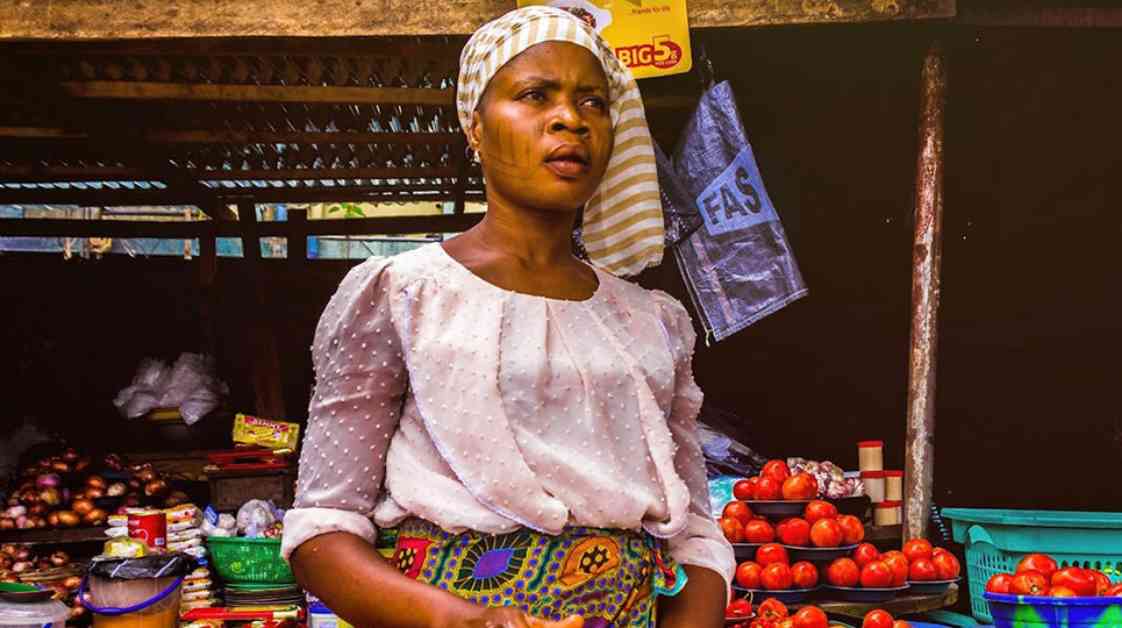Africa’s Development and Progress: Addressing Challenges
Africa’s economic development has faced significant challenges in recent years. Despite some positive indicators such as rising GDP figures and fast growth rates, the continent remains the poorest in the world. Various reports from institutions like The Economist, the World Bank, and the IMF have highlighted the stagnant economic growth in many African countries, attributing it to failures of governance and restrictive economic policies.
The recent awarding of the Nobel Prize in Economics to James A. Robinson, Simon Johnson, and Daron Acemoglu further underscores the need to address the differences in prosperity between nations. While these developments may seem bleak, there are still reasons for hope and opportunities for improvement.
Firstly, not all African countries are equally affected by these challenges. While some economies are struggling, others like Ghana are more stable and performing better. It is essential to recognize these differences and tailor strategies accordingly.
Secondly, the optimism surrounding Africa’s economic growth in the past should have been tempered by the understanding that sustained growth is necessary to drive meaningful change. Comparisons to countries like China, which despite rapid growth is still behind in GDP per capita, highlight the long road ahead.
Additionally, improvements in life expectancy and healthcare outcomes are positive indicators that impact the real-world standards of living for Africans. Addressing major infectious diseases and increasing life expectancy are crucial steps towards enhancing overall well-being.
Moreover, a nuanced understanding of GDP per capita is essential. While African countries may have lower GDP figures compared to developed nations, the cost of living and standards of a decent life vary significantly. Setting realistic income benchmarks based on local conditions can provide a more accurate assessment of economic well-being.
In light of these challenges, African leaders and policymakers must implement reforms that prioritize the well-being of their populations. Instead of focusing solely on increasing GDP figures, efforts should be geared towards improving the quality of life for all Africans.
While the road ahead may be daunting, there is a broader perspective to consider. By acknowledging the existing challenges and working towards sustainable growth, Africa can overcome its current economic struggles and build a more prosperous future for its people. It is crucial to approach these issues with a people-centered mindset and implement reforms that address the root causes of economic stagnation. Through concerted efforts and strategic planning, Africa can unlock its full potential and pave the way for lasting development and progress.












